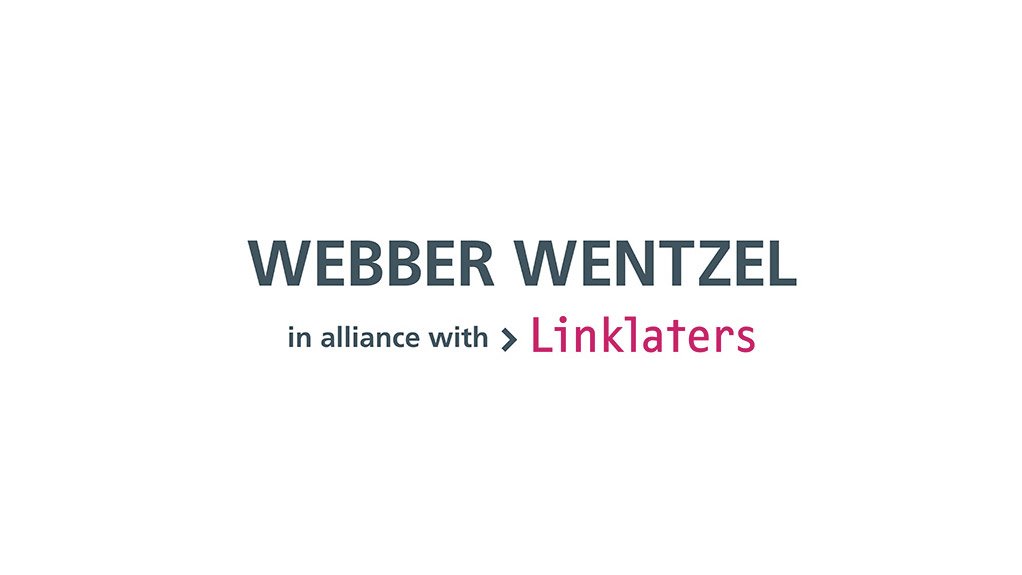On 23 May 2025, the Minister of Communications and Digital Technologies published a draft policy direction for the Independent Communications Authority of South Africa (ICASA). The direction calls on ICASA to urgently consider aligning the ownership principles in the generic and ICT Sector Codes of Good Practice (B-BBEE Codes) (published under the Broad-Based Black Economic Empowerment Act 53 of 2003 and administered by the Minister of Trade, Industry and Competition), and ICASA's Ownership and Control Regulations (published in 2021). Members of the public have until 7 July 2025 to submit comments (via email to bbbee@dcdt.gov.za) on the draft policy direction.
Currently, telecommunications and media licensees in South Africa must apply one set of rules to measure ownership by historically disadvantaged people (HDPs) under ICASA's rules and a different approach when they get their BBBEE certificates to measure ownership by Black people under the BBBEE Codes.
Alignment between the two frameworks would clarify how telecommunications and media licensees should calculate and measure the extent of their ownership by Black people/HDPs for purposes of compliance with ICASA's regulations and would presumably allow telecommunication licensees to rely on all the provisions of the BBBEE Codes for the purposes of fulfilling ICASA's requirements. Many incumbent local fibre network operators and mobile network operators, as well as international players seeking to enter the South African market, have sought clarity on this topic from ICASA over the last few years and in their engagements with ICASA on its draft ownership and control regulations in 2020.
ICASA's regulations require individual licensees to be at least 30% owned by historically disadvantaged people (ie Black people as defined in the B-BBEE Act, women, youth and persons with disabilities), and to be a Level 4 B-BBEE contributor. There is a separate requirement for individual licensees to also be 30% owned by Black people specifically, but this requirement is not yet in force. Class licensees need to be Level 4 B-BBEE contributors but don't need to comply with any minimum equity ownership percentage.
ICASA requires licensees to submit a copy of their B-BBEE certificates annually, to demonstrate compliance with these requirements. There may, however, be instances where the percentage of Black ownership reflected in a licensee's B-BBEE certificate might not be aligned with ICASA's regulations– for example, where a licensee has relied on any of the deeming principles in the B-BBEE Codes to calculate its Black ownership.
These principles include (amongst others) the exclusion of ownership held by institutional investors, the exclusion of the value of foreign assets, the B-BBEE private equity fund deeming principle, the continuing consequences principle, the sale of assets principle, and the equity equivalent principle. Although ICASA has stated that some deeming principles from the B-BBEE Codes can’t be applied to measure HDP ownership for purposes of complying with its rules, its position on some of the other principles is less clear.
Alignment between the ICASA rules and the B-BBEE framework would allow licensees to measure the extent to which Black people have an ownership interest (or deemed ownership interest) based on a single set of rules.
After receiving comments on the draft policy direction, the minister will have to consider whether to make any changes before issuing it to ICASA. ICASA will then have to consider the policy direction and decide whether to amend its regulations. If ICASA does elect to amend its regulations, this process would also be subject to public participation process.
Written by Webber Wentzel's TMT Team
EMAIL THIS ARTICLE SAVE THIS ARTICLE ARTICLE ENQUIRY FEEDBACK
To subscribe email subscriptions@creamermedia.co.za or click here
To advertise email advertising@creamermedia.co.za or click here











